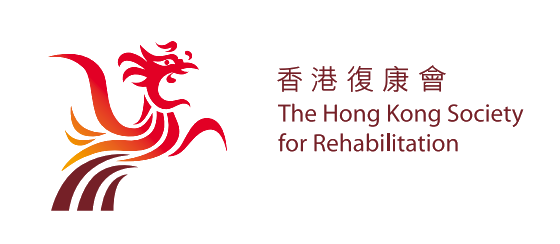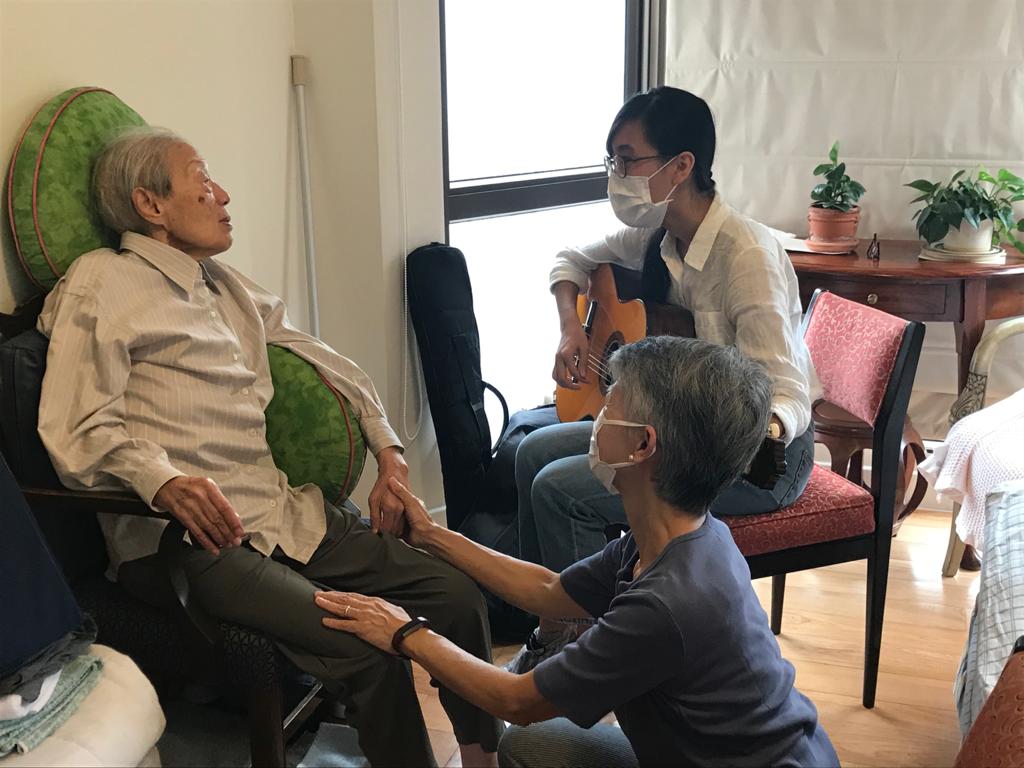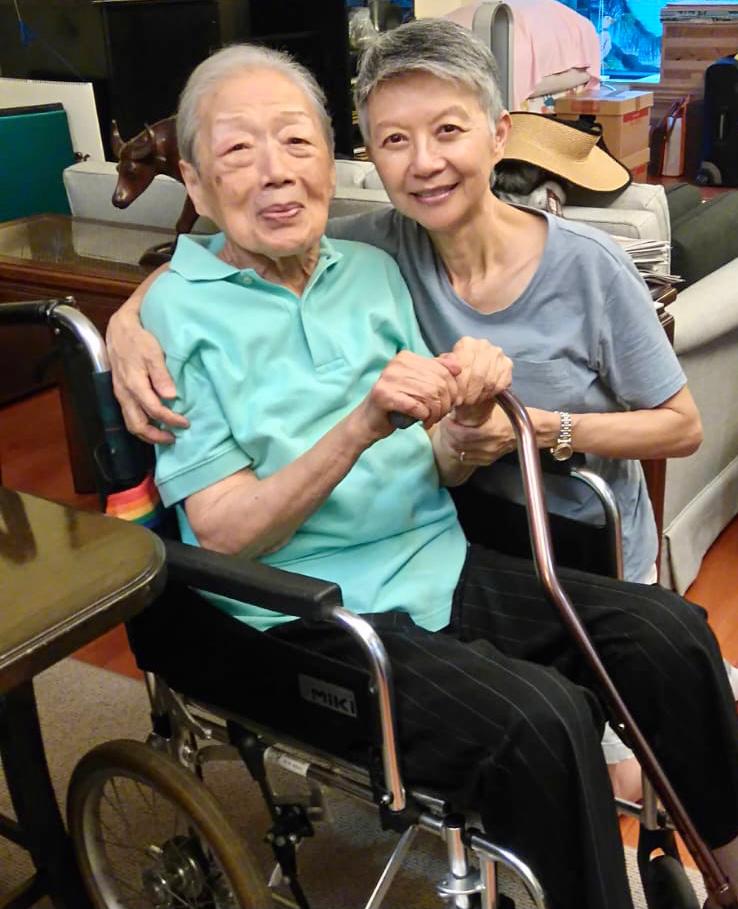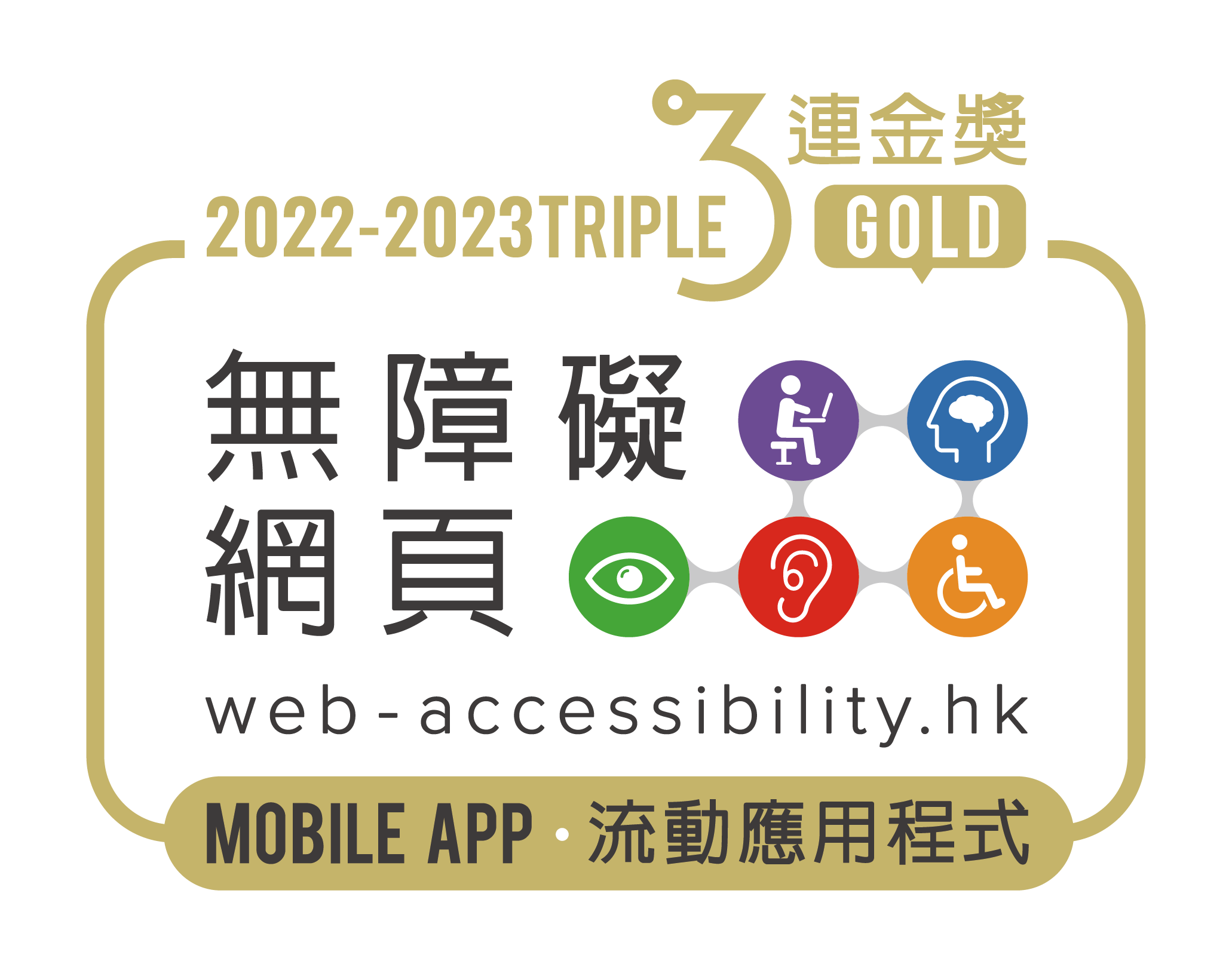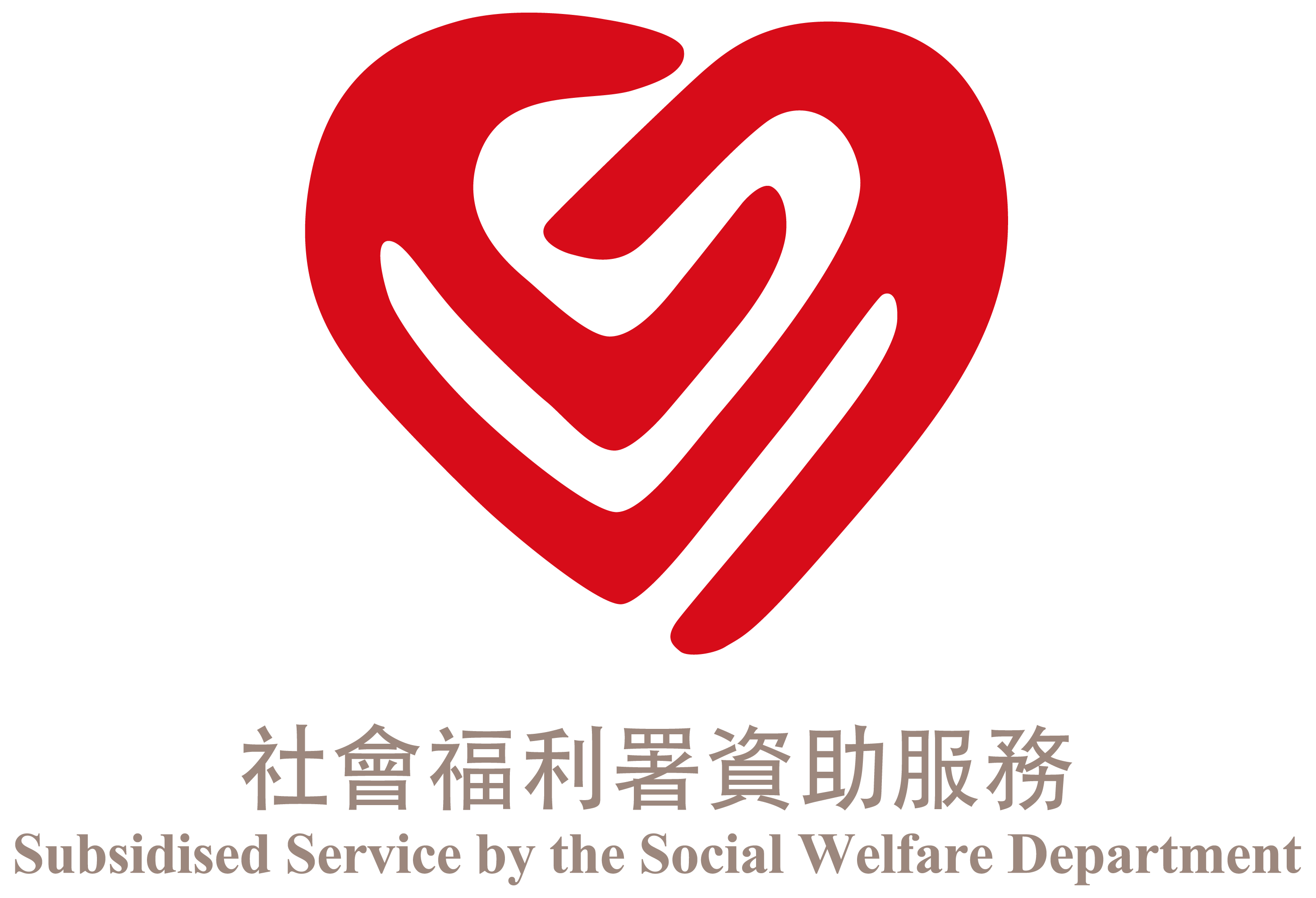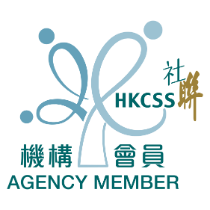“Life Rainbow” helps carer spend quality time with dementia-stricken mother
Bonnie, aged 66, took her 95-year-old late-stage dementia-stricken mother, Granny Choi Fung Yuen-chai, to a music therapy session arranged by The Hong Kong Society for Rehabilitation (HKSR). The therapist played the iconic song “The Moon Represents my Heart”, which stimulated Granny Choi’s memory. As her dementia worsened, Granny Choi barely spoke and often sat in repose with her eyes closed. However, following this familiar song, she opened her eyes and gazed at the therapist. The emotions Granny Choi wanted to express were visible from the look in her eyes and facial expression.
Granny Choi had been struck by pain in her right lower limb for years. Unable to trace the source of her pain after consulting orthopedist, she had depended on physiotherapy and acupuncture. The year Granny Choi turned 82, a doctor recommended her to get an MRI scan of her brain, which discovered a fist-sized tumour between her skull and meninges. The cranial nerves compressed by the tumour led to pain in her right lower limb and declining mobility. Bonnie decided to allow Granny Choi to undergo surgery following discussions with her doctor.
After the surgery, Bonnie discovered that Granny Choi’s memory deteriorated. If someone needed Granny Choi’s address, she would reply “Why don’t you ask my daughter?” Later, a nurse discovered that Granny Choi could not properly read the clock nor make a signature. Bonnie realised that the surgery had damaged her brain, leading to the symptoms of early-stage dementia.
Around one year ago, due to her age and dementia, a geriatric doctor provided information about the Advance Care Planning Project and discussed with Bonnie’s family. Following the advice from the doctor, Granny Choi was referred to HKSR’s “Life Rainbow – End-of-Life Care Services”, where the team took care of the needs for home care. Bonnie chose to take the responsibilities as a daughter – she would rather take care of her mother at home than send her to a retirement home. Bonnie was concerned that Granny Choi’s health would deteriorate rapidly in an unfamiliar environment.
Given Bonnie’s wishes and under the arrangement of HKSR, Bonnie learned the skills necessary for taking care of her mother, which included pressure sore and wound management as well as proper elderly-lifting techniques. This allowed Bonnie to acquire proper techniques as a carer, prevented Granny Choi from frequent visits to the hospital, and relieved Bonnie’s stress. “HKSR’ multi-faceted support had brightened up my day,” Bonnie said with a smile.
Bonnie admitted that taking care of her mother is an uphill battle and she had to be ready all the time to take care of any incidents. One morning, following a phone call from her father, Bonnie was told that Granny Choi got choked at breakfast and had to be sent to the Emergency Ward. As hospital visits were suspended under the pandemic, Bonnie was worried that Granny Choi would feel insecure and confused.
Amid the anxiety, Bonnie sought help from their caseworker Ms Ha, hoping that she could liaise between the hospital and family to pass around information. Without a second thought, Ms Ha agreed to help, informing Bonnie of Granny Choi’s latest developments. Ms Ha also conveyed Bonnie’s wishes of shortening Granny Choi’s hospitalisation to the doctor in the hope of relieving Bonnie’s anxiety. This caring move demonstrated the importance of the collaboration between the hospital and the community.
“Perhaps young people may find their parents naggy, but once they grow old and get sick, those days may be long gone. You’d miss them and want to hear their voice again,“ said Bonnie, with tears in her eyes, “It is such a great responsibility to take care of ageing parents. A support system is much needed for our mental health, emotional management and stamina. It will be important to reward ourselves once in a while.”
With one of the world’s highest life expectancy, Hong Kong has seen many carers in their 60s or 70s who have to take care of their parents aged 80 or above. Carers have to monitor their parents’ physical conditions closely and are under immense pressure physically and mentally. This is when community support comes into play. In recent years, HKSR has extended our provision of health management and emotional support services to carers, so that they will be equipped to take care of their families.
